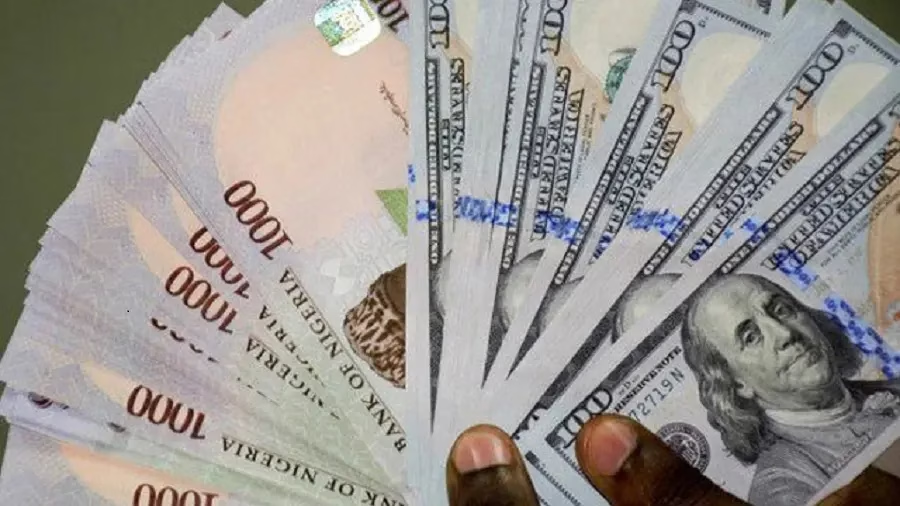The Nigerian naira reversed its brief rebound this week, slipping against the U.S. dollar in both official and unofficial exchange markets on Tuesday amid renewed currency pressures. Data from the Central Bank of Nigeria (CBN) showed the naira closed at ₦1,533.10 per dollar in official trading, down from ₦1,531.95 the previous day — a daily drop of ₦1.15. The parallel market followed suit, with the currency weakening to ₦1,565 per dollar from ₦1,560, reflecting a ₦5 decline in informal trading.
This downturn comes one day after the naira had strengthened modestly, supported by a reported rise in Nigeria’s foreign reserves. CBN figures indicated reserves climbed to $39.54 billion as of August 1, 2025, though analysts caution that fluctuations in global oil prices and domestic dollar demand continue to drive volatility.
Market observers highlight the persistent premium between official and black-market rates — now at ₦31.90 — as evidence of lingering foreign exchange scarcity. While Nigeria has implemented reforms to unify its exchange rate windows, limited liquidity and speculative activity have maintained pressure on the currency. The naira has lost over 40% of its value against the dollar since June 2023, when the CBN removed trading restrictions in a bid to attract investment.
Economists note the recent reserve growth, attributed to higher crude oil exports and increased diaspora remittances, has yet to translate into sustained currency stability. “FX market dynamics remain fragile,” said Lagos-based financial analyst Ademola Ogun. “The gap between official and parallel rates suggests pent-up demand, while global economic headwinds compound local challenges.”
The currency’s performance contrasts with recent optimism about Nigeria’s $2.25 billion World Bank loan and the government’s efforts to boost foreign capital inflows. Authorities have intensified crackdowns on illegal forex trading operators this month, arresting dozens of street traders in major cities.
As Africa’s largest economy navigates inflation exceeding 34% and aggressive monetary tightening by the CBN, currency traders anticipate continued turbulence. The naira’s two-day oscillation underscores broader uncertainties in emerging markets grappling with dollar strength and uneven post-pandemic recoveries. With Nigeria’s foreign reserves still below their $41.2 billion peak in January 2025, analysts stress the need for structural reforms to stabilize FX supply and restore investor confidence.
